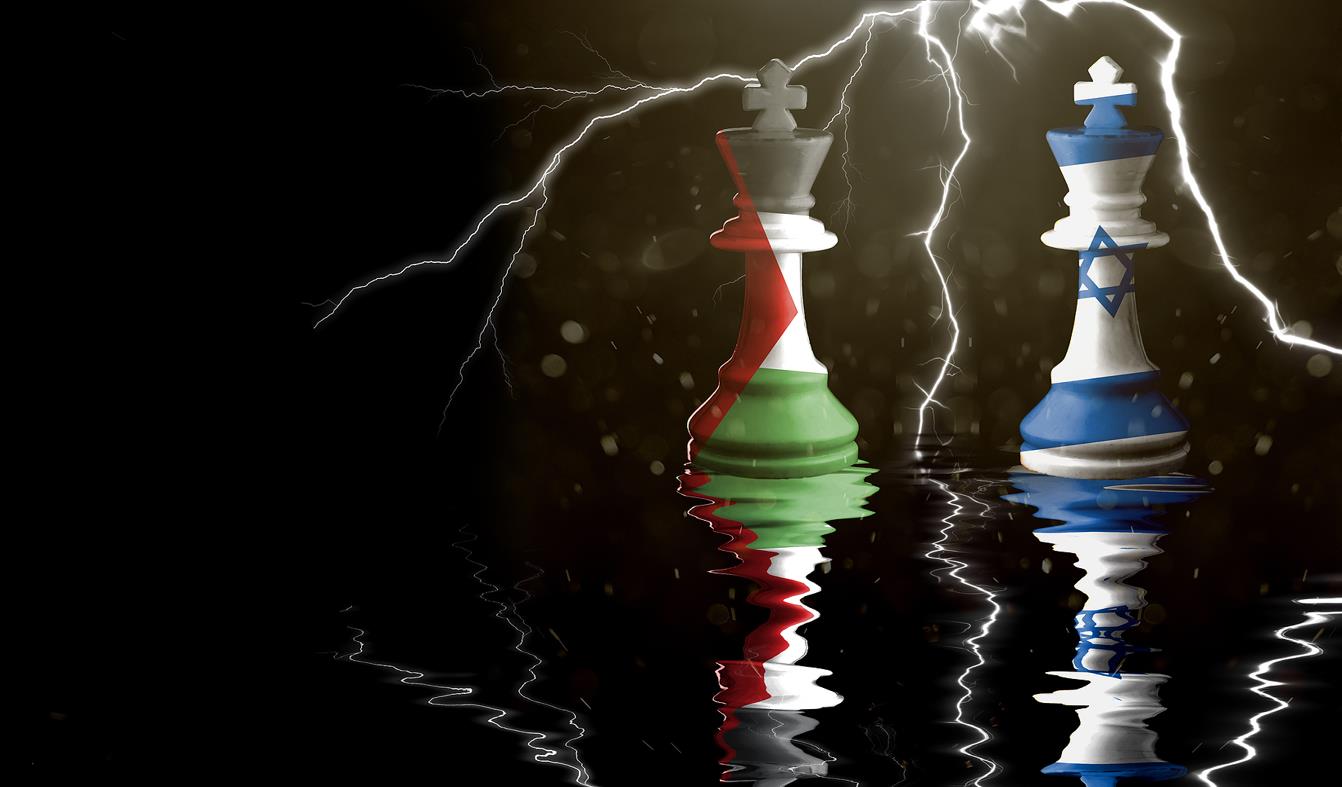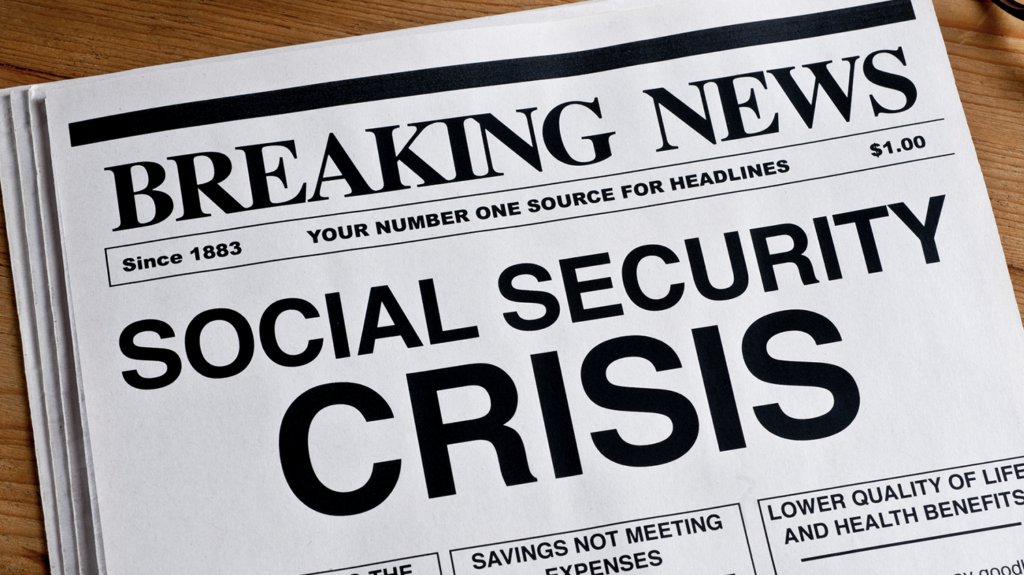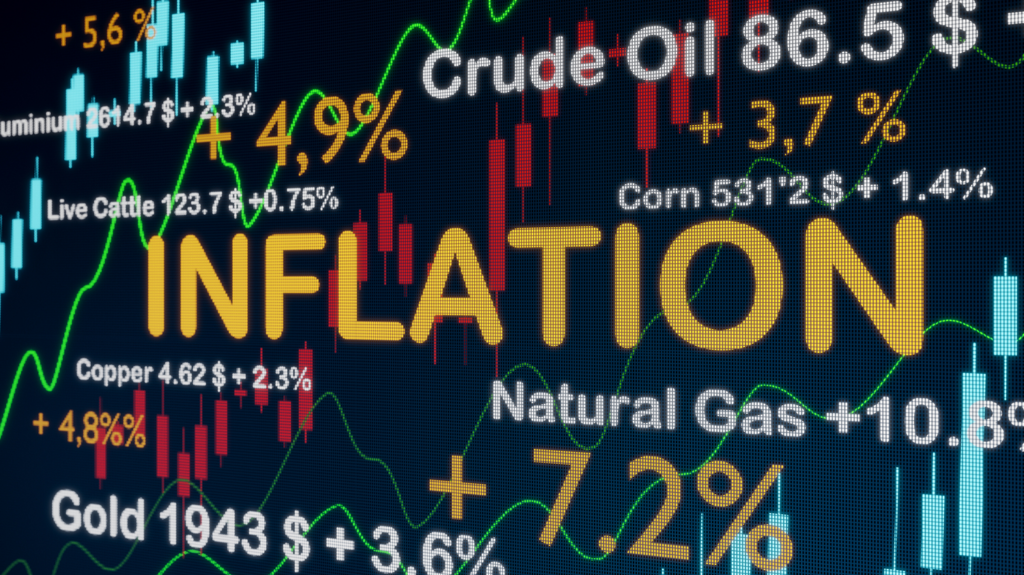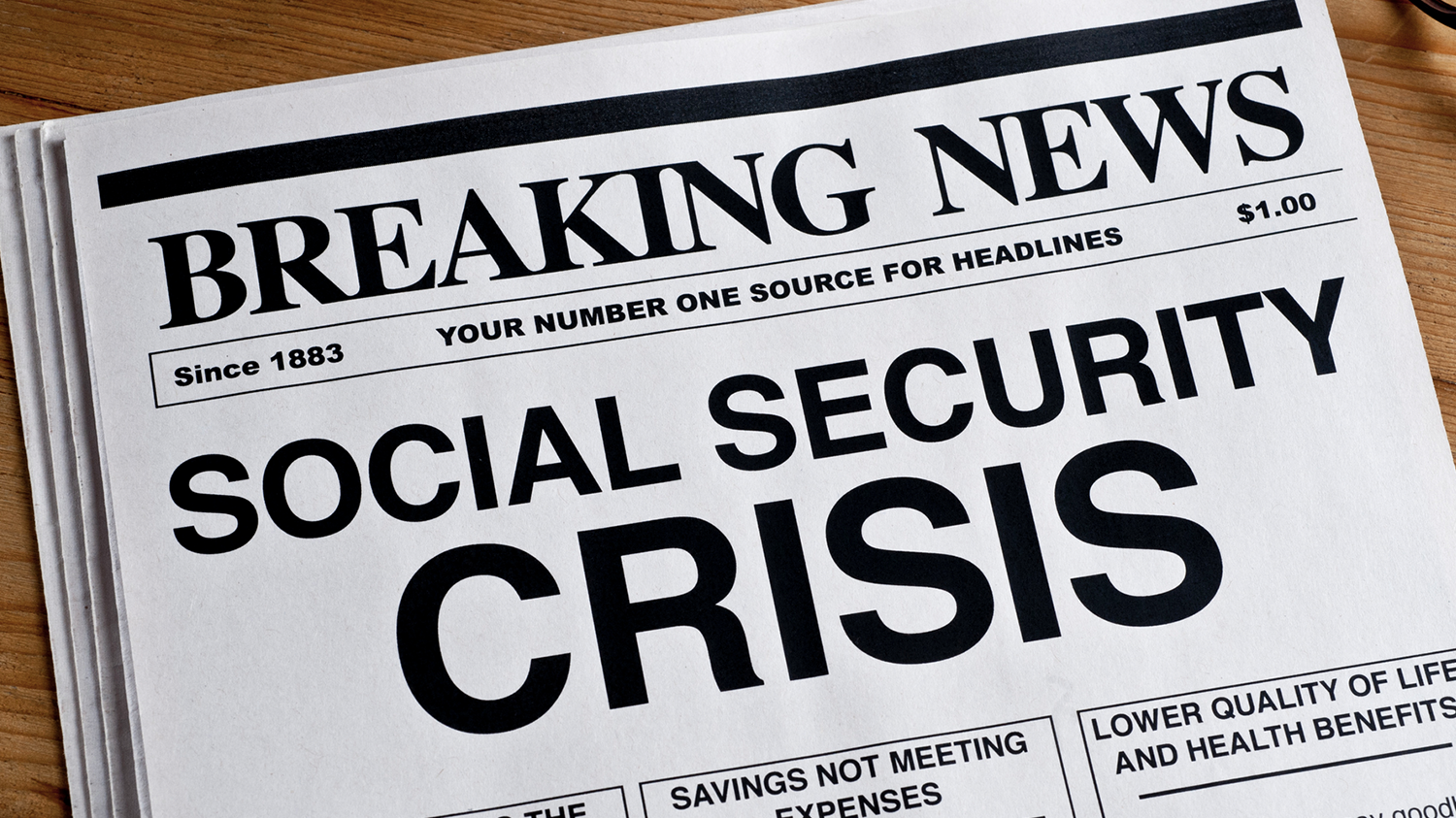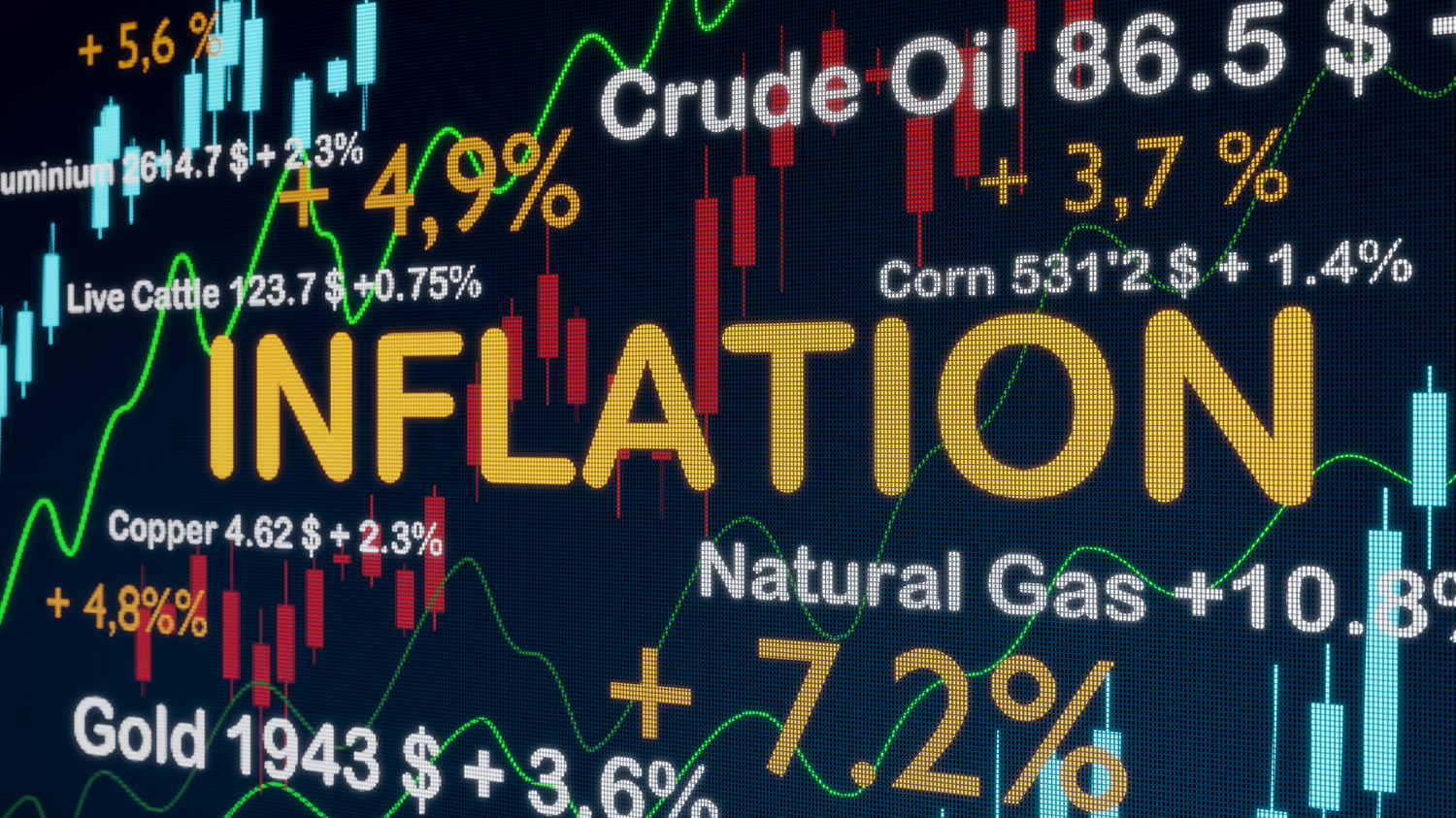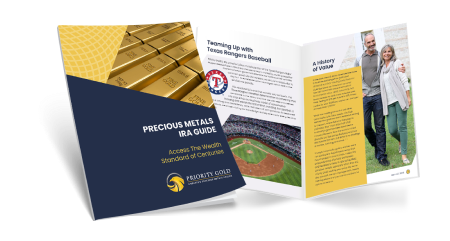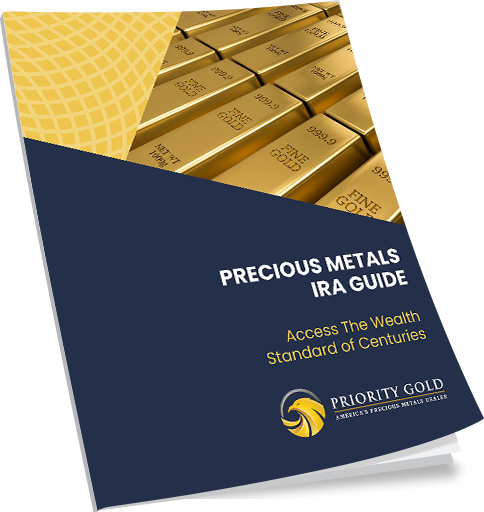JP Morgan’s CEO, Jamie Dimon, recently warned that the world may be facing the “most dangerous time” in decades. He was referring to the Israel-Hamas War, the Russia-Ukraine conflict, and ongoing tensions with China, Iran, and North Korea.
Earlier this year, S&P Global offered a list of the Top Geopolitical Risks of 2023, and they included: Russia-NATO tensions, US-China Competition, Energy Security, Climate Change, and the Covid-19 pandemic fallout. Add to this formidable line-up, the October 7th attacks on Israel, the Jewish state’s formal declaration of War on Hamas, the ensuing bombardment of Gaza, threats from Iran of a broader conflict, deadly clashes with Hezbollah (a Shiite Muslim Militant Group) on Israel’s Northern border with Lebanon, and FBI Director Wray’s recent acknowledgement that domestic threats to the U.S. homeland have surged.
Aside from the civilian suffering and growing humanitarian crisis — the political and military risks of these global conflicts could tip the world into a painful recession. The International Monetary Fund called the Russian invasion of Ukraine “an unmitigated catastrophe for global peace” and added that the war:
“Greatly compounds a number of preexisting adverse global economic trends, including rising inflation, extreme poverty, increasing food insecurity, deglobalization, and worsening environmental degradation. In addition, with an apparent end to the peace dividend that has long helped finance higher social expenditures, rebalancing fiscal priorities could prove quite challenging even in advanced economies.”
In commenting on the Israel-Hamas War, the IMF’s managing director Kristalina Georgieva, said the conflict threatened to further destabilize an already unsteady world economy and called it a “new cloud” darkening the horizon — adding that the organization was closely monitoring the oil markets, in particular.
Middle East tensions threaten to upend the global economy because the region is not only among the largest exporters of world energy but also a gateway to important maritime trade routes as noted in a recent Bloomberg report,
“Conflict in the Middle East can send tremors through the world because the region is a crucial supplier of energy and a key shipping passageway. The Arab-Israeli war of 1973, which led to an oil embargo and years of stagflation in industrial economies, is the clearest example. Other conflicts had a more limited impact, even when the human toll was high. Today’s world economy looks vulnerable. It’s still recovering from a bout of inflation exacerbated by Russia’s invasion of Ukraine last year. Another war in an energy-producing region could rekindle inflation. Broader consequences could extend from renewed unrest in the Arab world, to next year’s presidential election in the US, where gasoline prices are key to voter sentiment.”
All this geopolitical unrest is colliding with a global economy that the IMF admits is “limping along.” Their latest projections show world economic growth slowing in both 2023 and 2024 with oil prices as the wild card. If crude costs increase — world growth will slow further and global inflation will spike higher.
The American economy is also hobbling rather gingerly, weighed down by stubborn inflation, historically high interest rates, unprecedented debt levels, and ever widening deficits. These global conflicts could ignite even higher inflation here at home and tap U.S. defense budgets as America backs both Ukraine and Israel with billions in munitions and monetary support.
Business Insider recently noted that “The US economy is walking a fine line, and just about anything could push it into a recession.” With multiple wars on multiple fronts, soaring interest payments on federal debt, rising consumer credit card delinquencies, mounting defaults on corporate loans, banking sector fragility, and the political uncertainty of the upcoming 2024 election — there are a host of “anything’s” that could topple America into a significant downturn.
Perhaps this is why gold has been grabbing economic headlines: “Hamas Attack Boosts Safe Havens” – Market Insider, “Gold Gains as Attack on Israel Bolster’s Metal’s Haven Status,” – Yahoo Finance, “Safe-haven gold rallies over 3% as Middle East conflict intensifies.” – Reuters.

Gold has long been considered a safe haven asset because it tends to hold its value during bear markets, financial downturns, and economic chaos. For thousands of years gold has been coveted by human civilization as the object of conquests, the wealth of empires, the treasures of war, the backbone of economies, and a timeless monetary standard.
Those sentiments hold true today as gold continues to attract modern investors as a viable inflation hedge, a trusted tangible asset, and a time-tested portfolio diversifier.
“Why gold?” asks Kwasi Kwarteng, author of War and Gold. “Because it’s money, or used to be money, and will likely one day be money again.”
Read Priority Gold’s latest report, “How to Invest in the New Normal” which explores current macroeconomic imbalances, increasing economic uncertainty, and the rising financial risks for Wall Street, the Fed, the dollar — as well as the American investor.
Take advantage of Priority Gold’s $1000 Gold Credit by calling: 1-888-219-2099

